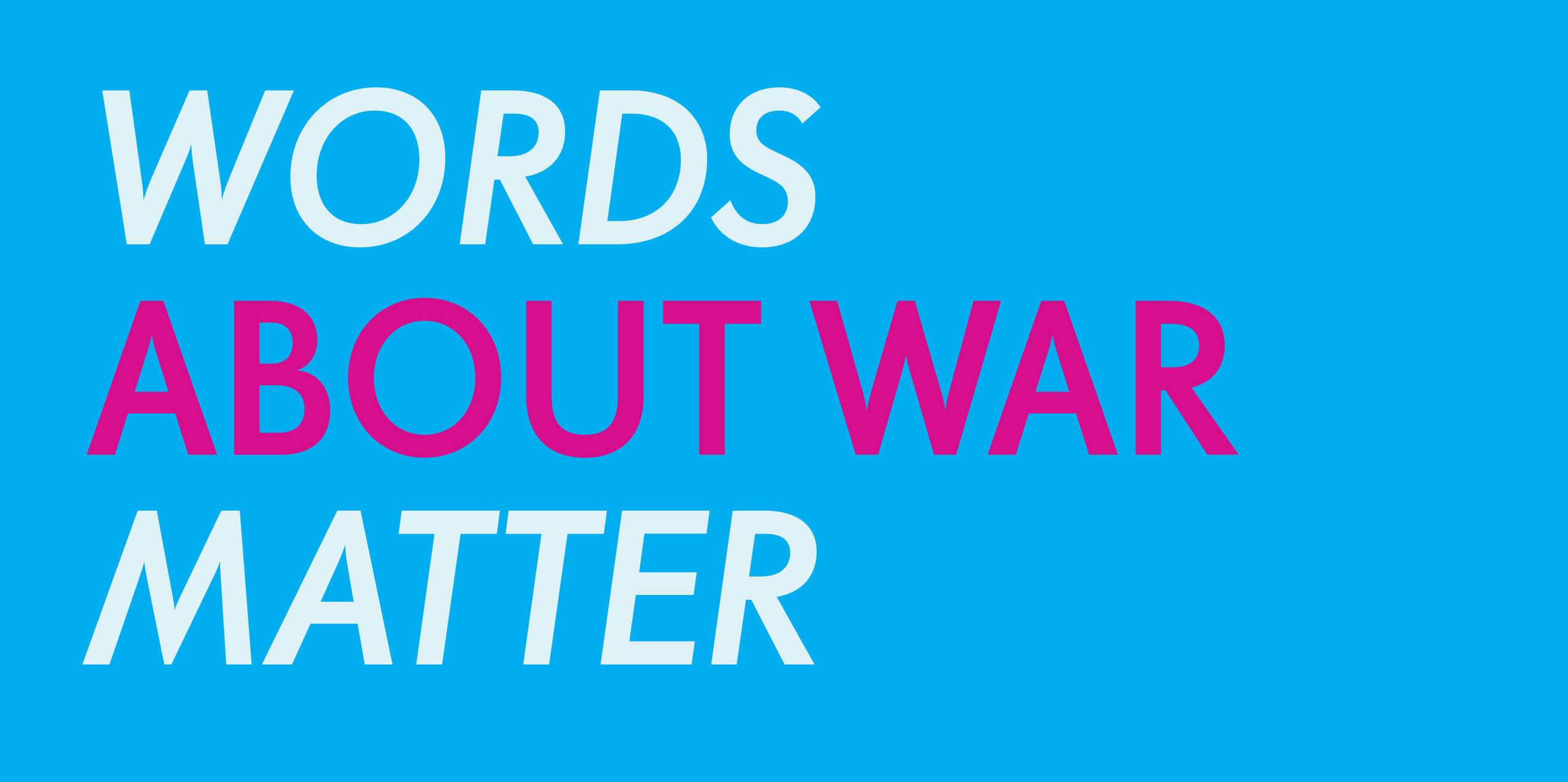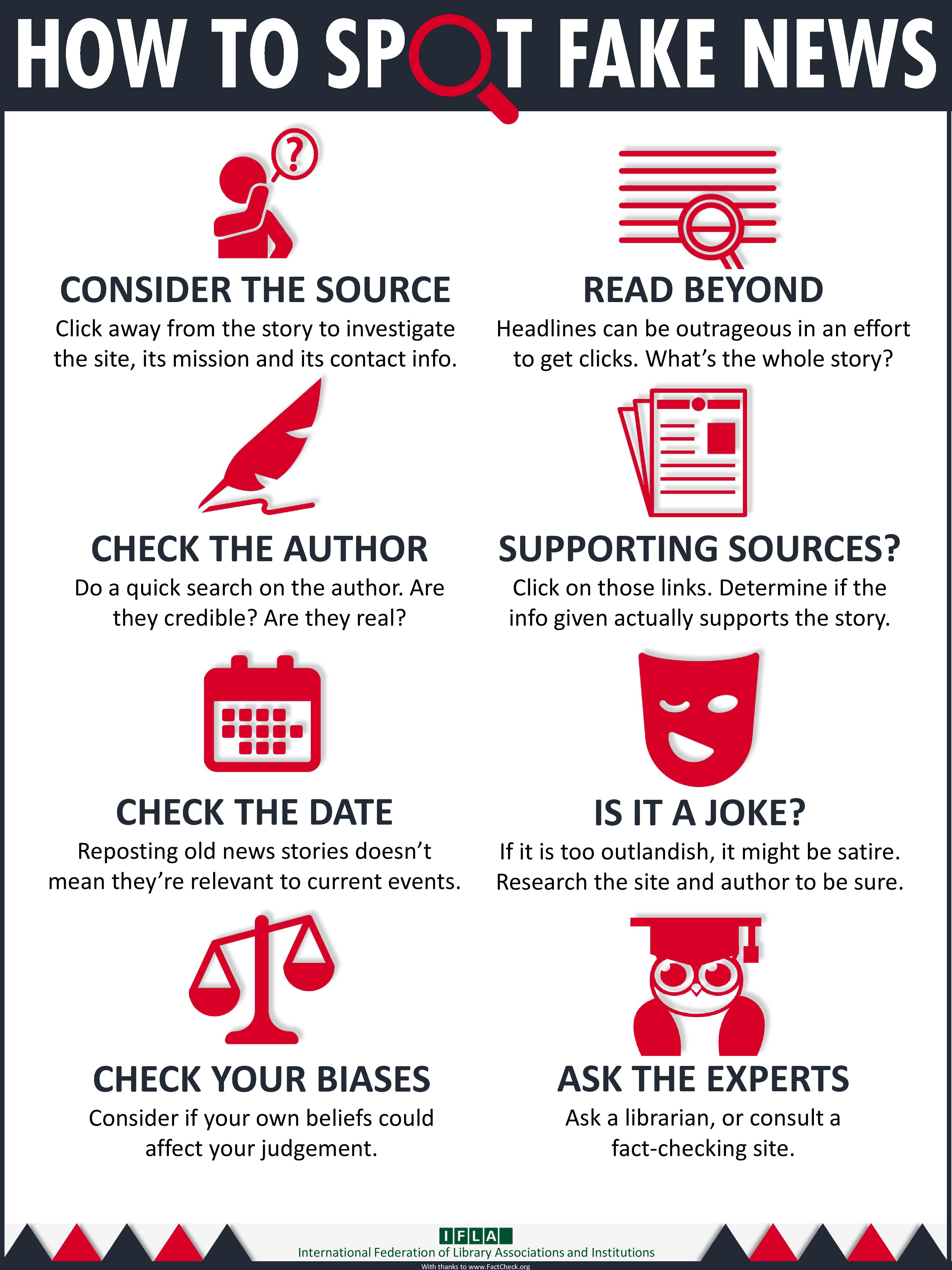Researching Palestine
- Home
- Current EventsToggle Dropdown
- History of PalestineToggle Dropdown
- Palestinian CultureToggle Dropdown
- Palestine and Its IntersectionsToggle Dropdown
- Journals and Research Databases
- SolidarityToggle Dropdown
- Trauma
- Visions for the Future
- Learn More
Researching Palestine Group
This research guide was created by a group of library workers across departments at the UMass Amherst Libraries in the context of the ongoing crisis in Palestine.
researchingpal@library.umass.edu
Welcome to the Guide to Researching Palestine at UMass Amherst Libraries.
This research guide was created by a group of library workers across various departments at the UMass Amherst Libraries in the context of the 2023-2024 crisis in Palestine. Our goal is to expand the scope of understanding and to provide resources that will enable students, readers and community members to educate themselves on Palestine’s ongoing struggle and history. We hope that this will also help the UMass Amherst community support student, staff and faculty activists who have taken on the task of providing accurate information and advocacy.
The guide includes scholarly resources, videos, fiction and poetry, as well as links to organizations offering international solidarity. The materials here are available either through open access, via the Five College Discovery catalog, or from other libraries via WorldCat.
Scroll down this page for guidance on researching and evaluating Information, including researcher safety and digital privacy. Use the tabs (on the left in desktop version and above in mobile version) to navigate to: Current Events, Gaza, Contextualizing Genocide, History of Palestine, Palestine and Its Intersections (including Queer & Trans, Racism, Islamophobia & Antisemitism, Disability, Women's Issues, Labor & Unions, Environmentalism & Climate Change), International Solidarity (including Organizations, Boycott, Divestment and Sanctions, and South Africa's case at the International Court of Justice on the Prevention and Punishment of the Crime of Genocide in the Gaza Strip), Palestinian Culture (including Arts & Performance; Fiction, Poetry & Memoirs including audiobooks; Food & Cuisine; Film), Trauma, Visions for the Future, and to learn more.
Researching and Evaluating Information
-
Words about War Matter: A Language Guide for Discussing War and Foreign Policy
 "When talking about mass violence, language matters. Word choices can be a matter of life and death. The language of war is frequently dehumanizing and euphemistic. " This guide, and the Language about Gaza addendum, contain useful information for how to write about Israel and Palestine, as well as for recognizing dehumanizing and euphemistic language when doing research.
"When talking about mass violence, language matters. Word choices can be a matter of life and death. The language of war is frequently dehumanizing and euphemistic. " This guide, and the Language about Gaza addendum, contain useful information for how to write about Israel and Palestine, as well as for recognizing dehumanizing and euphemistic language when doing research.
-
How to Maintain Mental Hygiene as an Open Source ResearcherOriginally written shortly after Russia's invasion of Ukraine, this is a broadly applicable guide for maintaining mental health by and for those conducting research and engaging with graphic news.
-
Faculty First RespondersMonitors the websites most responsible for generating the targeted harassment of faculty and other staff members, graduate student-employees, and students. Offers resources and support for those targeted as well as for college and university administrators to "help workers to feel better supported by their professional community. "
-
How To Spot Fake News guide from International Federation of Library Associations and Institutions (IFLA)
 International Federation of Library Associations and Institutions (IFLA) has made this infographic with eight simple steps (based on FactCheck.org’s 2016 article How to Spot Fake News) to help evaluate news and information in front of you.
International Federation of Library Associations and Institutions (IFLA) has made this infographic with eight simple steps (based on FactCheck.org’s 2016 article How to Spot Fake News) to help evaluate news and information in front of you.
-
Surveillance Self-DefenseTips, tools, and how-tos for safer online communications.
Additional Resources
Where can I find books and e-books?
-
Discovery Search This link opens in a new windowFind articles across a large number of library resources with just one search! Begin your generalized research here.Free to use for anyone to find records. Some results, and detailed information such as PDFs and full text links, are available on campus to all, or off-campus to UMass Amherst students, staff and faculty with an UMass Amherst IT NetID (user name) and password.
-
Justice, Equity, Diversity, and Inclusion (JEDI) Overdrive Collection This link opens in a new windowA collection of ebooks and audiobooks about social justice, diversity, equity, and inclusion with multiple titles from underrepresented authors.
You will be directed to the Libby app to use titles in this collection. On the Libby page, please click on "Sign in with your card," and follow the instructions on the screen to access the collection.Available on campus to all, or off-campus to UMass Amherst students, staff and faculty with an UMass Amherst IT NetID (user name) and password.
By default, results will include many different resource formats. To limit your results, find the 'Format' header on the results page and click 'Show More'. This will allow you to select 'Books' and 'eBooks'.
How do I access print books?
If the location is UM Bois Library, you can use the call number to find the book on the shelves. For more information on how to use call numbers to find books or browse, select the 'Call Numbers' tab at the top of this box.
You can also click 'Request Item' to have the book placed on the hold shelf on the lower level of the Du Bois Library.
If the location is one of the other Five College libraries (AC = Amherst College, MH = Mount Holyoke, etc.), click 'Request Item' to have the book sent to the Du Bois Library for you to pick up.
How do I access e-books?
To access an e-book, click on the full text option that appears with the result.

*Note: E-books from the other Five College libraries (AC, MH, HC, SC) are not available to UMass affiliates remotely. You can go to that college's campus and access most e-books using a library computer
What if I can't find a print book in the Five College Catalog?
-
WorldCat This link opens in a new windowThe combined catalogs of most U.S. libraries.Content is freely available for use by all.
How do I access a book that isn't in the Five College libraries?
-
UMass Interlibrary Loan FAQFor more information about this service, check out the FAQ
How do I use a call number to find a book?
-
W. E. B. Du Bois Library Call Number DirectoryOnce you have a call number for a book (ex. P35 .O94 2013), you can use this directory to figure out which floor of the library it is located on. Think of call numbers as the street address of a book that will tell you where it "lives".
What are subject headings?
Subject headings work similarly to hashtags on social media. They are used to group resources on a particular topic together so that they can be found more easily.
Subject headings are standardized so that even when authors use different terms, you can easily find all books on that topic.
For example, "interment," "inhumation," and "burial" all describe approximately the same social practice. The subject heading "burial" would appear on the record of books where the author uses any of these terms in order to help you find them. Instead of having to do searches for "interment," "inhumation," and "burial," you can do one subject search for "burial".
How do I find subject headings to use in a search?
To browse subject headings, check out the Library of Congress Authorities page.
It's useful to keep in mind the context surrounding the creation subject headings, especially those that represent groups of people. Power and position impacts which terms library workers choose to be subject headings. For example, the Turkish ethnic group that refers to themselves as the Sakha are referred to with the subject heading "Yakut (Turkic people)".
How do I search using subject headings?
In Discovery Search, begin your search with 'DE' and place subject headings in quotation marks. This will tell the search engine that you are only interested in resources which have been given the same subject headings that you're searching for.
If you link multiple subject headings together, separate them with two dashes (--).

How can I use the subjects headings from relevant books to find more?
When you find a book that's relevant to your research, take a look at the subject headings on its record.
Take this book found in Discovery Search for example:

Clicking on one of the subject headings will show you all other books in the Five College libraries that are also on that same topic.
You can also edit subject headings and search for them in Discovery Search. You could search for "Burial, China" instead to learn more about the practice in that part of the world.
What if I can't find many books using a subject heading?
There are many books that the Five College libraries don't have. You can use WorldCat to find books by subject heading. For best results, separate subject terms with two dashes and use parentheses.

- Last Updated: Apr 17, 2025 3:35 PM
- URL: https://guides.library.umass.edu/palestine
- Print Page


